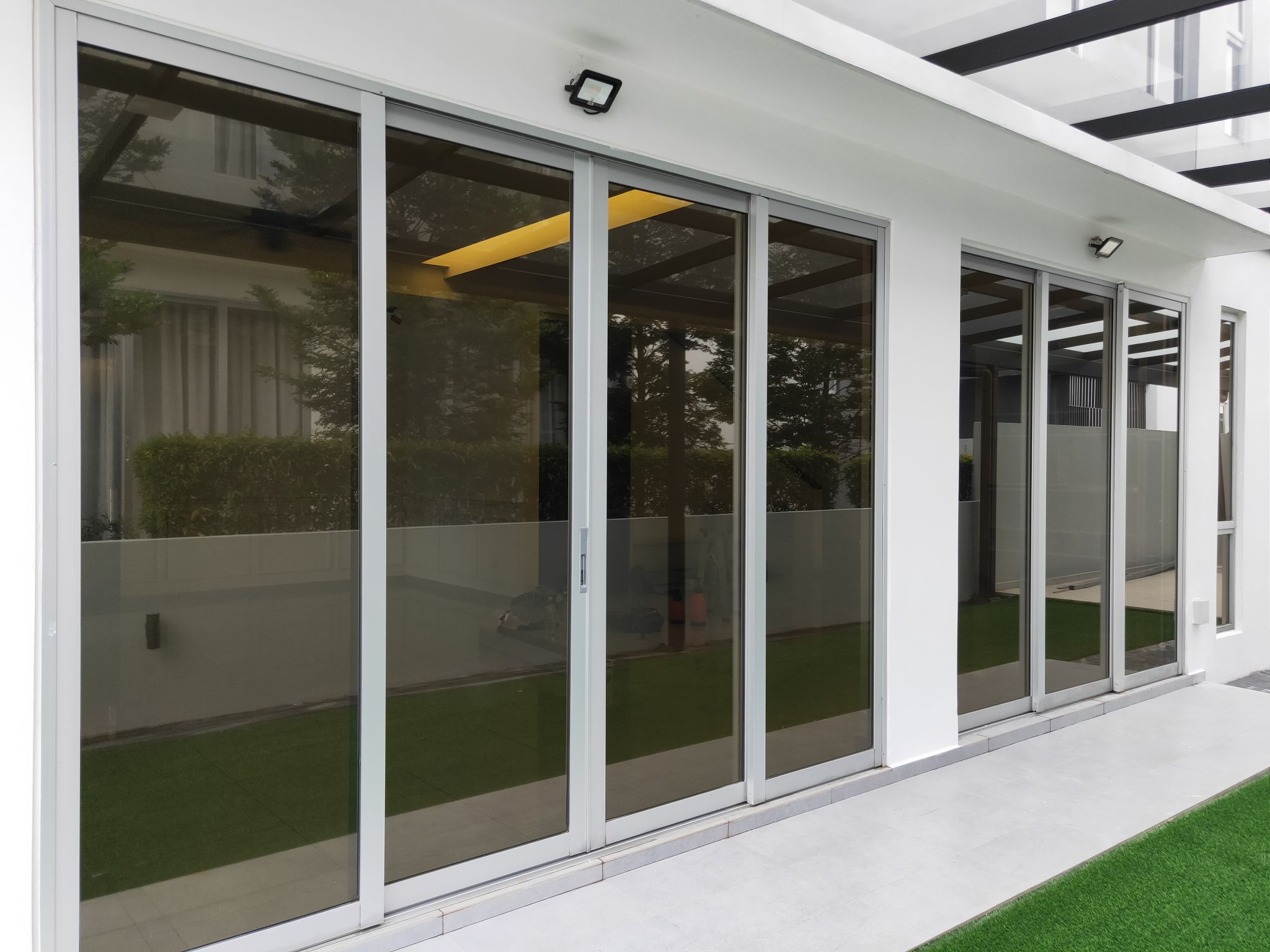The Impact of Window Tint on Energy Efficiency in Illinois Homes
Understanding Window Tint and Energy Efficiency
In recent years, homeowners in Illinois have increasingly turned to window tinting as a method to enhance energy efficiency. Window tinting involves applying a thin film to the glass surfaces of windows, which can provide a range of benefits. Not only does it enhance privacy, but it also plays a significant role in reducing energy consumption. With the rising costs of energy and growing environmental concerns, understanding the impact of window tint on energy efficiency is crucial.

How Window Tint Reduces Energy Consumption
One of the primary ways window tint contributes to energy efficiency is by reducing the amount of heat entering a home. During the hot Illinois summers, tinted windows can block up to 85% of solar heat. This reduction in heat transfer means that air conditioning systems don't have to work as hard to maintain a comfortable indoor temperature, leading to significant energy savings.
In addition to reducing solar heat gain, window tinting can also help retain heat during the cold winter months. The insulating properties of certain window films prevent heat loss, thereby reducing the need for excessive heating. This dual benefit makes window tinting a year-round energy-saving solution.
Environmental Benefits of Window Tinting
Beyond energy savings, window tinting also offers environmental benefits. By lowering the demand for heating and cooling, homes with tinted windows contribute to reduced greenhouse gas emissions. This helps in mitigating the overall carbon footprint of a household. For eco-conscious homeowners, this is an appealing advantage that aligns with sustainable living practices.

Cost-Effectiveness and Return on Investment
While there is an initial cost associated with installing window tint, the long-term savings often outweigh the upfront expenses. Homeowners can expect a reduction in their energy bills, which can lead to a full return on investment within a few years. Additionally, many utility companies offer rebates and incentives for energy-efficient home improvements, further enhancing the cost-effectiveness of window tinting.
It's important to note that not all window tints are created equal. Homeowners should consider factors such as tint type, quality, and installation expertise when making their choice. A professional installation ensures optimal performance and longevity.
Aesthetic and Comfort Improvements
Aside from energy efficiency, window tinting can improve the overall comfort and aesthetics of a home. Tinted windows reduce glare from sunlight, making it easier to watch television or work on computers without strain. They also offer UV protection, preventing fading and damage to furniture, flooring, and artwork.

Making the Right Choice for Your Home
When considering window tinting for energy efficiency, it's important for homeowners to assess their specific needs and conditions. Consulting with a professional can provide insights into the best options available based on climate, window orientation, and personal preferences.
In conclusion, window tinting presents an effective solution for enhancing energy efficiency in Illinois homes. By reducing energy consumption, lowering utility bills, and offering environmental benefits, it is an investment worth considering for any homeowner looking to improve their property's energy profile.
